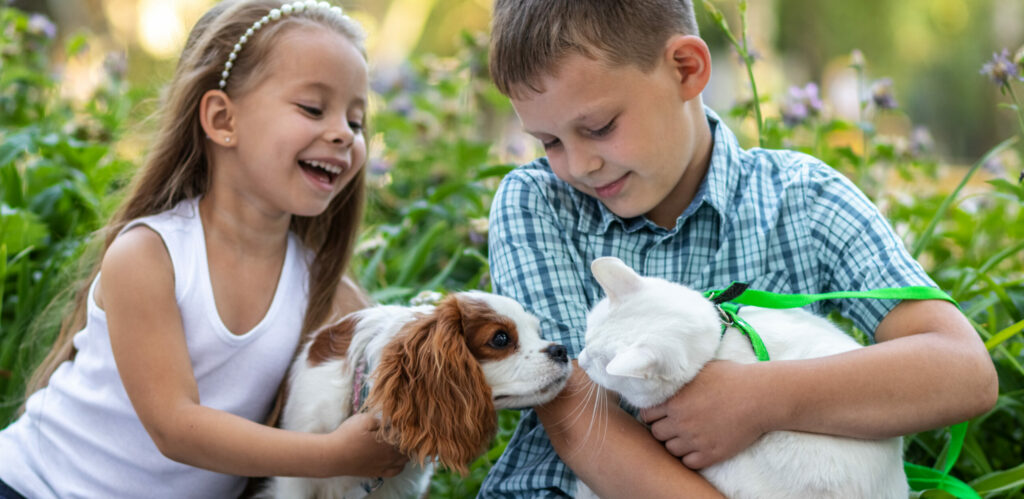
As responsible pet owners, ensuring the safety and well-being of our furry companions is paramount. One critical aspect of pet care often overlooked is poison prevention. Many common household items, foods, and plants can pose serious threats to our pets if ingested. In collaboration with the American Veterinary Medical Association (AVMA), let’s explore some essential tips to keep our beloved pets safe from poisoning.
Identifying Potential Hazards: Pets are naturally curious creatures, and their exploration often leads them to encounter potential toxins. Some common household items that can be harmful to pets include certain foods (like chocolate, grapes, and onions), medications (both prescription and over-the-counter), household cleaners, and plants (such as lilies, azaleas, and philodendrons). Identifying these hazards is the first step in preventing accidental poisonings.
Safe Storage and Disposal: Proper storage and disposal of potentially toxic substances are key to preventing pet poisonings. Store medications, cleaning products, and chemicals in secure cabinets or areas inaccessible to pets. Be cautious when using pesticides or fertilizers in the yard, ensuring that pets are kept away from treated areas until the products have dried or settled.
Pet-Safe Home Environment: Creating a pet-safe home environment involves removing or securing items that could be harmful to pets. This includes keeping small objects that pets could swallow out of reach, securing trash cans with lids, and avoiding the use of potentially toxic plants in and around the home. Additionally, be mindful of where you store pet medications and ensure they are kept separate from human medications.
Know the Signs of Poisoning: Recognizing the signs of poisoning in pets is crucial for prompt treatment. Symptoms can vary depending on the type of toxin ingested but may include vomiting, diarrhea, excessive drooling, lethargy, difficulty breathing, seizures, and loss of coordination. If you suspect your pet has been poisoned, contact your veterinarian or an emergency veterinary clinic immediately.
Emergency Preparedness: In case of a poisoning emergency, it’s essential to have a plan in place. Keep the phone number of your veterinarian, an emergency veterinary clinic, and the ASPCA Animal Poison Control Center (888-426-4435) or Pet Poison Helpline (800-213-6680) easily accessible. Familiarize yourself with the steps to take in the event of a poisoning and be prepared to provide information about the type of toxin ingested and the amount.
Pet poison prevention is a crucial aspect of responsible pet ownership. By being proactive and taking steps to identify and mitigate potential hazards, we can create a safe environment for our furry companions to thrive. Remember, the AVMA, IVMA and your veterinarian are valuable resources for information and guidance on poison prevention. Let’s work together to keep our pets safe and healthy for years to come.
[Disclaimer: This blog post is for informational purposes only and should not replace professional veterinary advice. Always consult with your veterinarian regarding the health and well-being of your pets.]
Indiana Veterinary Medical Association
125 West Market Street, Suite 300
Indianapolis, IN 46204
Phone: (317) 974-0888
Veterinarians
Animal Owners
Industry Partners
Ⓒ 2025 Indiana Veterinary Medical Association